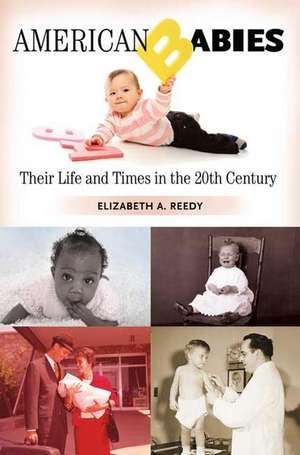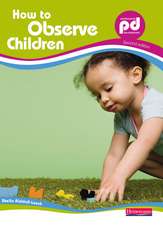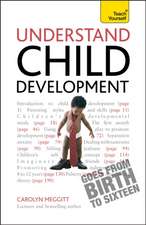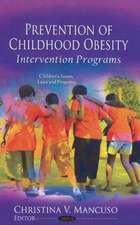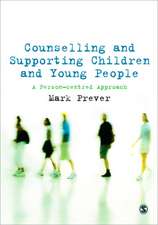American Babies: Their Life and Times in the 20th Century
Autor Elizabeth A. Reedyen Limba Engleză Hardback – 29 oct 2007 – vârsta până la 17 ani
Preț: 466.54 lei
Preț vechi: 603.79 lei
-23% Nou
Puncte Express: 700
Preț estimativ în valută:
89.29€ • 92.97$ • 75.46£
89.29€ • 92.97$ • 75.46£
Carte tipărită la comandă
Livrare economică 07-21 martie
Preluare comenzi: 021 569.72.76
Specificații
ISBN-13: 9780275990886
ISBN-10: 0275990885
Pagini: 216
Dimensiuni: 156 x 235 x 23 mm
Greutate: 0.48 kg
Editura: Bloomsbury Publishing
Colecția Praeger
Locul publicării:New York, United States
ISBN-10: 0275990885
Pagini: 216
Dimensiuni: 156 x 235 x 23 mm
Greutate: 0.48 kg
Editura: Bloomsbury Publishing
Colecția Praeger
Locul publicării:New York, United States
Notă biografică
Elizabeth A. Reedy is a registered nurse with more than 25 years experience in pediatric and neonatal nursing. She received her undergraduate degrees from Gwynedd-Mercy College in Gwynedd Valley, PA., and her Masters and PhD degrees from the University of Pennsylvania in Philadelphia. She is currently an adjunct faculty member at Immaculata University.
Recenzii
Nursing PhD Reedy offers an overview of the 20th-century development of care of infants in their first year of life. The author surveys the gloomy prospects for babies in the first decades of the 20th century with its high infant mortality rate and lack of medical answers to many diseases, and asserts that babies then were wanted and appreciated in most parts of US society. . . . The book's best chapters are on medical developments. Recommended. Collections in the history of childhood, social history, and medical history.
Elizabeth Reedy has accomplished a remarkable feat. She has taken her pediatric clinical nurse expertise and her historical scholarship on the hospitalized care of premature infants and melded them into a comprehensive book on infancy/babyhood in the United States. . . . Reed is to be commended for her ability to create a book that introduces recent historical scholarship on the health care of children to a larger general audience than historians and social scientists. She has captured the dramatic growth of the nation in the 20th century and its changing views of how its youngest citizens and their families should be valued and treated. . . . [O]ne leaves the book believing that the experience of our past should aid us in meeting the needs of both generations of Americans.
This volume meant for general readers charts changes in the lives of American babies in the twentieth century and how social reforms, changes to the economy, and medicine have improved the life of infants. She begins with a description of how infants of different classes experienced life in 1901, followed by a discussion of the advice literature on babies, and racism, population and immigration, prematurity, the cost of having a baby, and infertility.
[T]his is a good overview for the less knowledgeable reader, including students, who might be inspired to research further into any one of the myriad number of issues that are touched on here. Reading this book certainly inspires historians to think more deeply about the study of babies and the ways in which their bodies are already politicized upon leaving the womb.
Elizabeth Reedy has accomplished a remarkable feat. She has taken her pediatric clinical nurse expertise and her historical scholarship on the hospitalized care of premature infants and melded them into a comprehensive book on infancy/babyhood in the United States. . . . Reed is to be commended for her ability to create a book that introduces recent historical scholarship on the health care of children to a larger general audience than historians and social scientists. She has captured the dramatic growth of the nation in the 20th century and its changing views of how its youngest citizens and their families should be valued and treated. . . . [O]ne leaves the book believing that the experience of our past should aid us in meeting the needs of both generations of Americans.
This volume meant for general readers charts changes in the lives of American babies in the twentieth century and how social reforms, changes to the economy, and medicine have improved the life of infants. She begins with a description of how infants of different classes experienced life in 1901, followed by a discussion of the advice literature on babies, and racism, population and immigration, prematurity, the cost of having a baby, and infertility.
[T]his is a good overview for the less knowledgeable reader, including students, who might be inspired to research further into any one of the myriad number of issues that are touched on here. Reading this book certainly inspires historians to think more deeply about the study of babies and the ways in which their bodies are already politicized upon leaving the womb.
